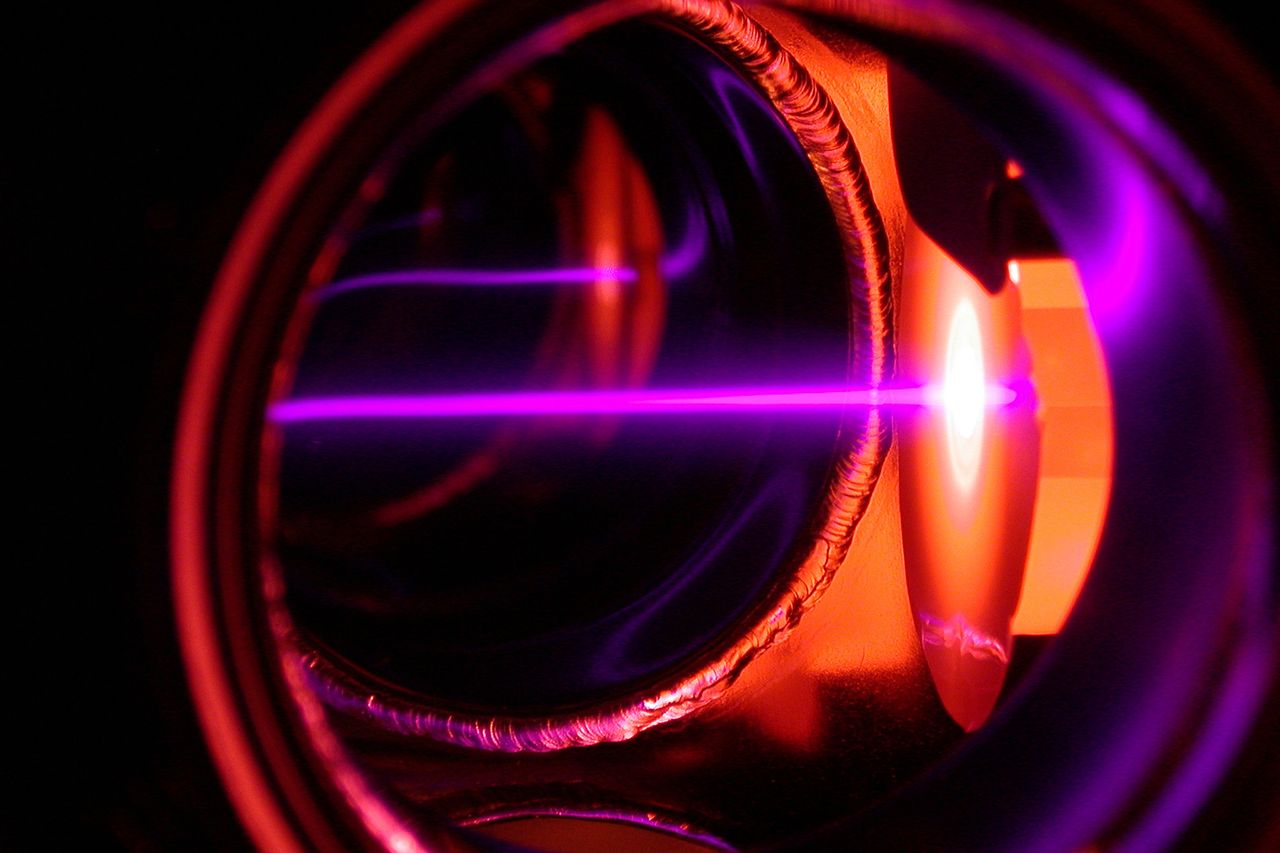Military tech often leads the way, as it did when the US DoD invented GPS. Now it's doing it again with quantum positioning onboard a British submarine that's setting off in 2016.
Submarines can't use GPS underwater and must track movements using accelorometers. The latest quantum position accelerometer uses super-cooled atoms to track movements with 1,000 times more accuracy than GPS.
While quantum positioning is found only in a submarine right now it could soon be scaled down for planes, cars and eventually even mobiles.
READ: Quantum physics used to enhance touchscreens
Neil Stansfield at the UK Defence Science and Technology Laboratory (DSTL) says, "Today, if a submarine goes a day without a GPS fix we'll have a navigation drift of the order of a kilometre when it surfaces. A quantum accelerometer will reduce that to just one metre."
Lasers are used to trap and cool atoms. Once chilled into a quantum state the atoms are easily affected by outside forces which can be detected by another laser. The size of change can be calculated using the device's movements and variations in gravitation.
This submarine will be used as a test of the shoe-box sized device before future applications can be found. Thanks to laser cooling the process can be made even smaller – years ago cryogenic freezing would have been needed, taking up lots of room. "Once we have understood the first generations, we'll start to miniaturise it for other applications," says Stansfield. He predicts future generations will be in our cars, mobiles and more.

